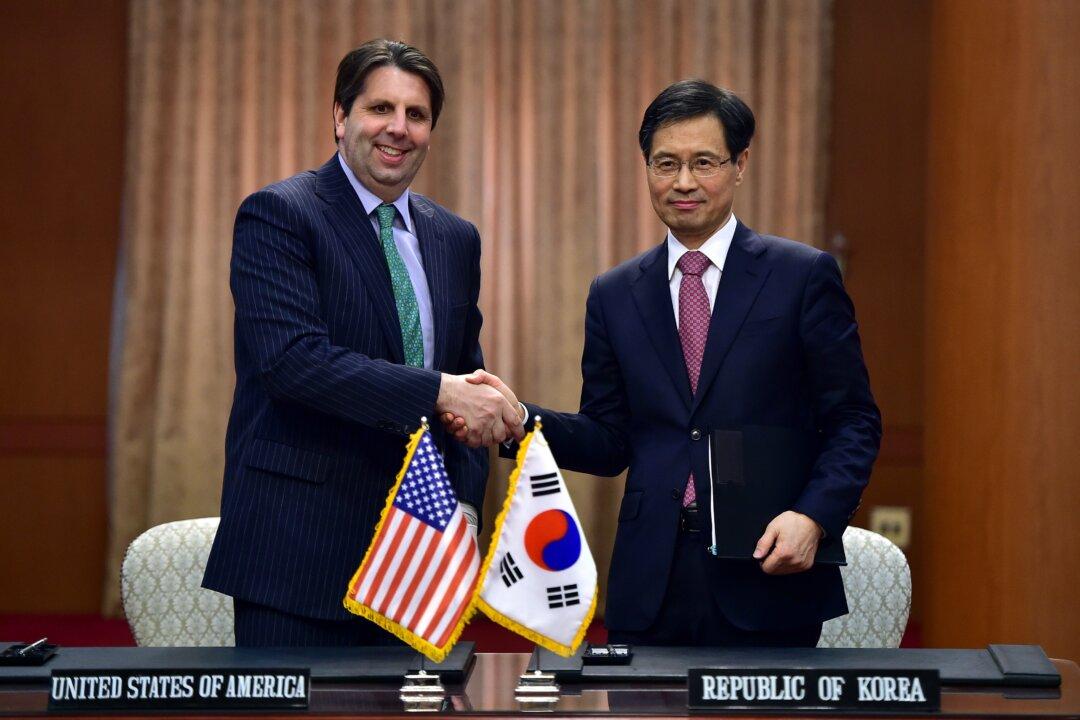Former U.S. Ambassador to South Korea, Mark Lippert, is expected to join Samsung Electronics next month as head of corporate and government affairs in North America.
Industry experts told The Korea Herald they believe the recruitment will allow Samsung to bolster its responsiveness to changing U.S. policies, especially those regarding chips, which have emerged as a key strategic item amid global supply chain risks.





